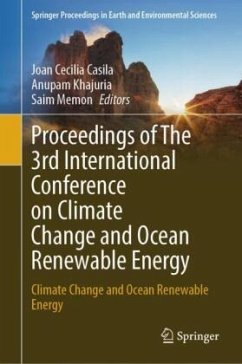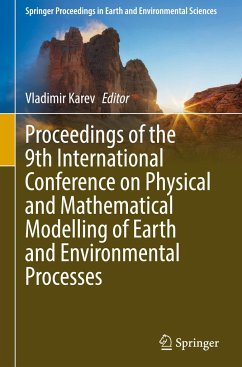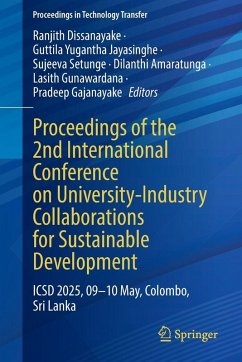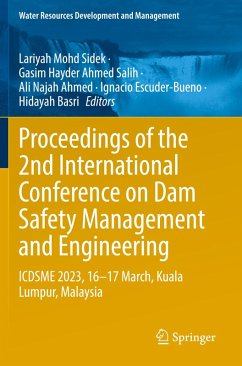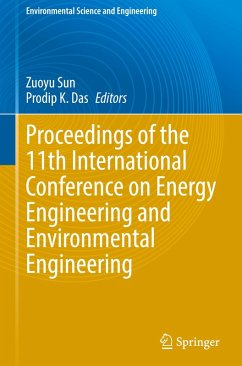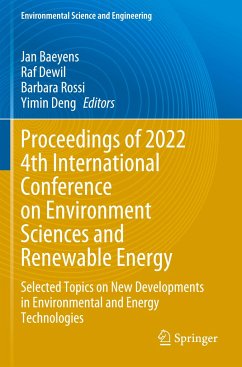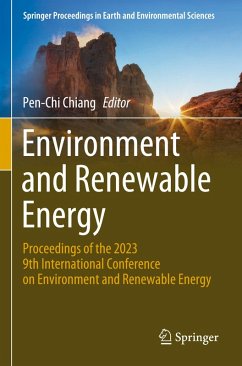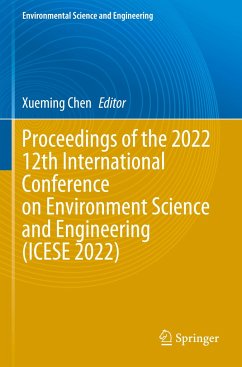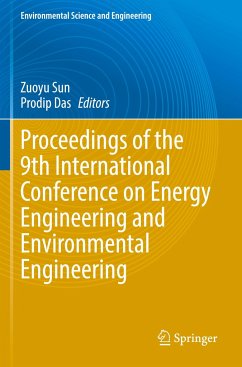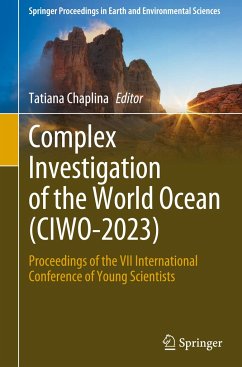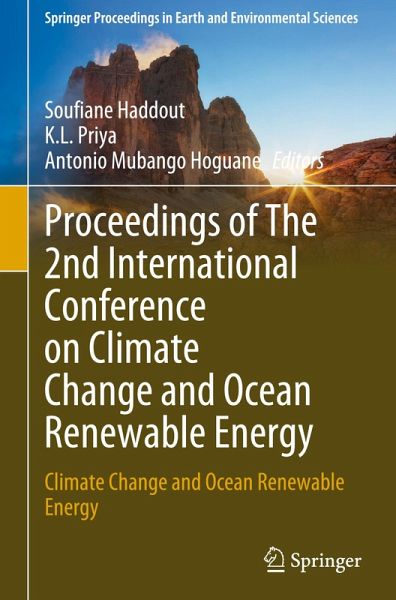
Proceedings of The 2nd International Conference on Climate Change and Ocean Renewable Energy
Climate Change and Ocean Renewable Energy
Herausgegeben: Haddout, Soufiane; Priya, K.L.; Hoguane, Antonio Mubango

PAYBACK Punkte
68 °P sammeln!
Renewable energy is energy that is collected from renewable resources that are naturally replenished on a human timescale. It includes sources such as sunlight, tides, waves, wind, rain, and geothermal heat. According to BP's-2018 Energy Outlook (EO), renewable energy will be the fastest growing source of energy, increasing fivefold by 2040, thus providing around 14% of global primary energy at this future point in time. On the other hand, climate change is bringing about rising temperatures, which has significant negative impacts on humans and the environment, and transitioning to renewable e...
Renewable energy is energy that is collected from renewable resources that are naturally replenished on a human timescale. It includes sources such as sunlight, tides, waves, wind, rain, and geothermal heat. According to BP's-2018 Energy Outlook (EO), renewable energy will be the fastest growing source of energy, increasing fivefold by 2040, thus providing around 14% of global primary energy at this future point in time. On the other hand, climate change is bringing about rising temperatures, which has significant negative impacts on humans and the environment, and transitioning to renewable energy sources, such as biofuels, can help meet this challenge. Transitioning to renewable energy, and reducing reliance on fossil fuels, is one way to help slow down the effects of climate change. While renewables used to be a more expensive option, new clean energy technologies are lowering costs and helping to move economies away from fossil fuels.



